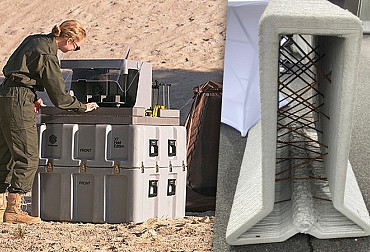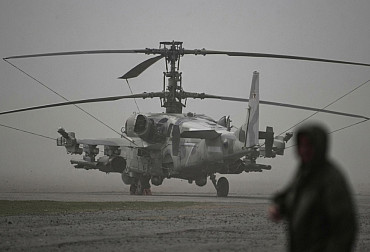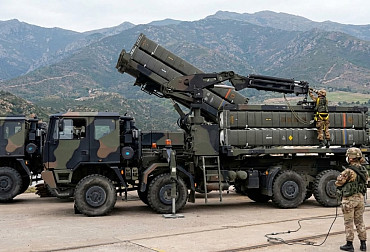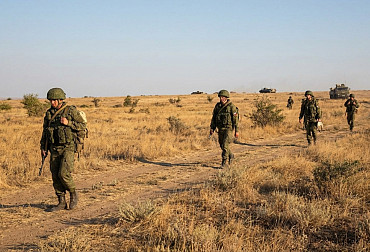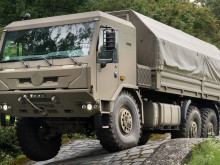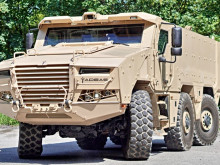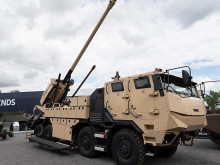Strengthening the EU's Common Defence Policy: security visions and challenges for the future
In recent years, the European Union has been pushing its boundaries in the field of security and common defence. The challenges of the modern world, warfare and the growing need for unified action are the driving forces behind the EU's Common Defence Policy. This article examines the evolution, meaning and challenges of the EU's Common Defence Policy and reflects on how this initiative can shape Europe's future.
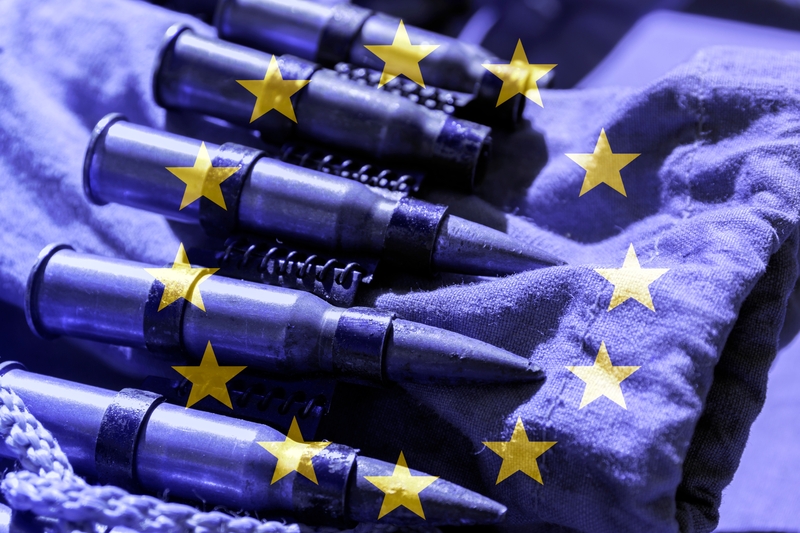 Picture: The European Union has been pushing its boundaries in security and common defence in recent years (illustration) | Shutterstock
Picture: The European Union has been pushing its boundaries in security and common defence in recent years (illustration) | Shutterstock
The European Union is on the threshold of a new era in which its role as a security actor is becoming increasingly important. In the context of global threats, war and the growing need for a unified approach, the EU is focusing on strengthening its Common Defence Policy. Already in 2016, the EU started an ambitious development of its defence policy. Initiatives such as the Permanent Structured Cooperation (PESCO) or the European Defence Fund (EDF) reflect the growing willingness of Member States to cooperate on defence and invest in modern military equipment.
According to Eurobarometer data from 2022, a clear majority of EU citizens (81%) are in favour of a common defence and security policy, with at least two-thirds in each country supporting it. Some 93% of respondents agree that countries should act together to defend EU territory, and 85% think defence cooperation should be strengthened at EU level. These high expectations are echoed by political leaders who are committed to strengthening the common defence policy.
In June this year, an agreement was reached between the European Parliament and the Council on new rules to encourage EU Member States to jointly purchase defence products and thus strengthen support for the European defence industry. Under the agreement, a new instrument will be created with a budget of €300 million by 2025, with the EU contributing up to 20% of the purchase price for joint procurement.
Then in July, the European Parliament approved funding of €500 million to support increased production of munitions and missiles within the EU's military industry. This funding is intended to increase the supply of these products to Ukraine while helping EU Member States to replenish their stocks. The move is being implemented through a concept known as the 'Ammunition Support Act' (ASAP).
Members of the European Parliament are also actively involved in the preparation of a new act aimed at increasing the strength of the European defence industry through joint procurement. This concept is called EDIRPA and is intended to promote the joint procurement of defence products by EU Member States. These products include weapons systems, munitions and medical equipment, the procurement of which should fill the most urgent and critical defence capability gaps.
Although the idea of a common European army has been considered unrealistic and impractical for many years, it has been constantly recurring on the European Union's agenda. Current events, which are strongly dominated by the Russian military invasion of Ukraine, have brought this idea more to the fore. Whilst it can be complicated to bring national armed forces together, there is a drive to strengthen the EU's common defence policy to counter modern threats and create a stronger and more coordinated defence mechanism.
The context of military conflicts, such as the aforementioned Russian aggression against Ukraine, highlights the acute need for a common defence policy, as the EU can play a key role in resolving crises and maintaining stability in the region. A common defence policy could also play a role in protecting European values and ensuring a rapid response to security challenges. The creation of a strong European defence mechanism could reduce dependence on other military alliances and enable the EU to better manage and protect its own interests. Other aspects that have considerable potential to strengthen the EU's defence capability are increased investment in defence equipment, coordinated exercises and cooperation in the field of cyber security.
Strengthening the EU's Common Defence Policy has the potential to shape Europe's future. The creation of a European army could mark a new chapter in European history, where the EU would be able to respond more coherently to challenges and crises. The Common Defence Policy could also strengthen Europe's role in world politics and enable the EU to defend its interests more effectively.
However, the path to common defence is not without challenges. Divergent views among Member States, budgetary constraints and national security priorities can and often do hinder progress in different areas. Moreover, the development of modern technologies and cyber threats places new demands on security strategies and other defence concepts. Historically, the idea of combining national forces has often been dismissed as unrealistic, but the current geopolitical situation points to the need for deeper cooperation and unified action.
Europe faces a complex range of threats, from conventional military risks to cyber-attacks, terrorism and illegal migration. The Common Defence Policy offers a coordinated framework to address these challenges and strengthens the EU's ability to respond flexibly and effectively. Whatever form the Common Defence Policy may take, the debate on it is essential for the future security and stability of Europe.
The EU's Common Defence Policy is therefore a key step towards unity and cooperation between Member States to ensure security, stability and prosperity. The strengthening of the European Defence Policy reflects the EU's will to become a strong global player and actively contribute to peace and security in the world. It is important to learn from past failures and find ways to integrate national forces effectively and to create a strong and unified defence mechanism that will serve future generations of Europeans.











